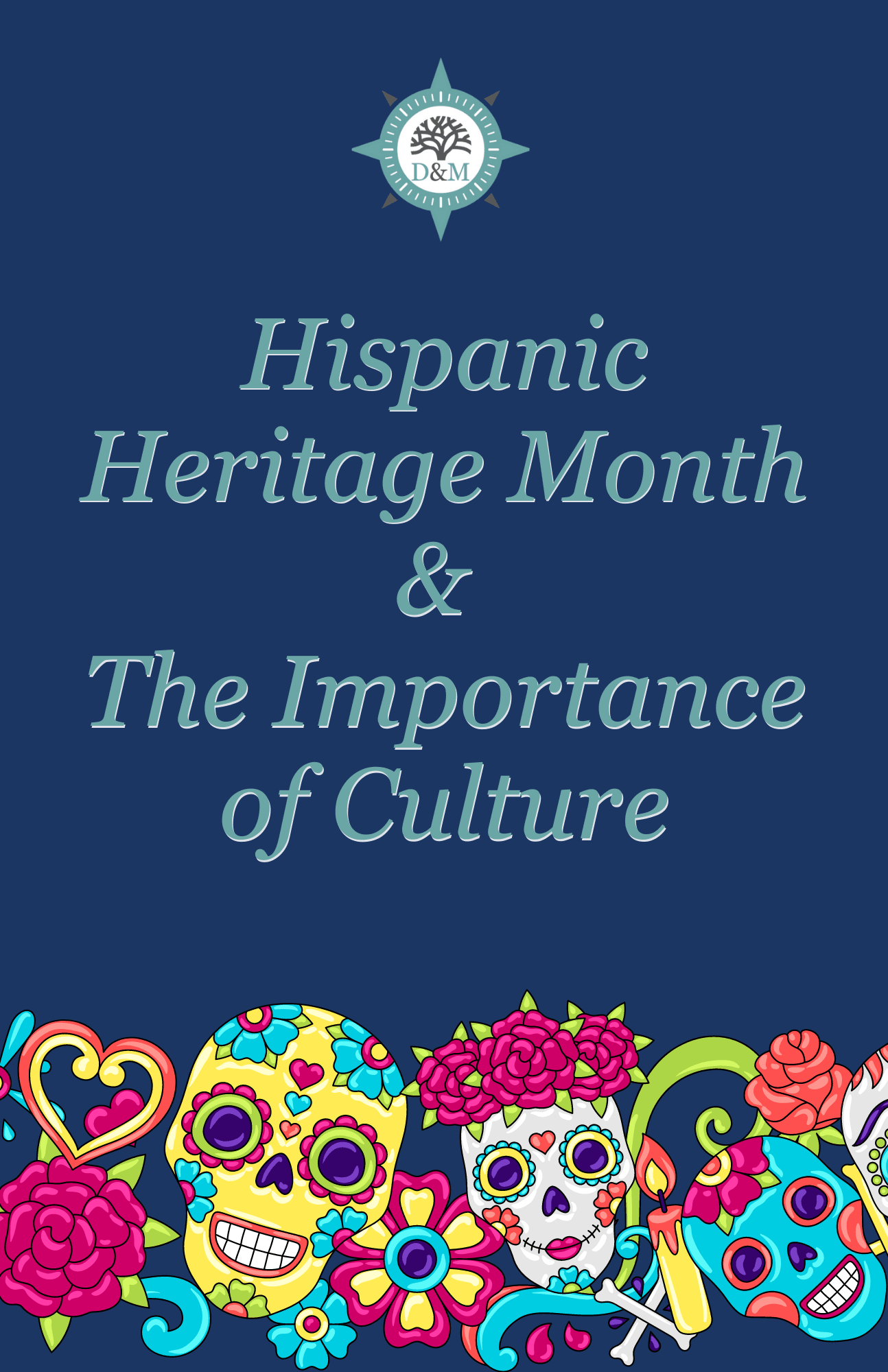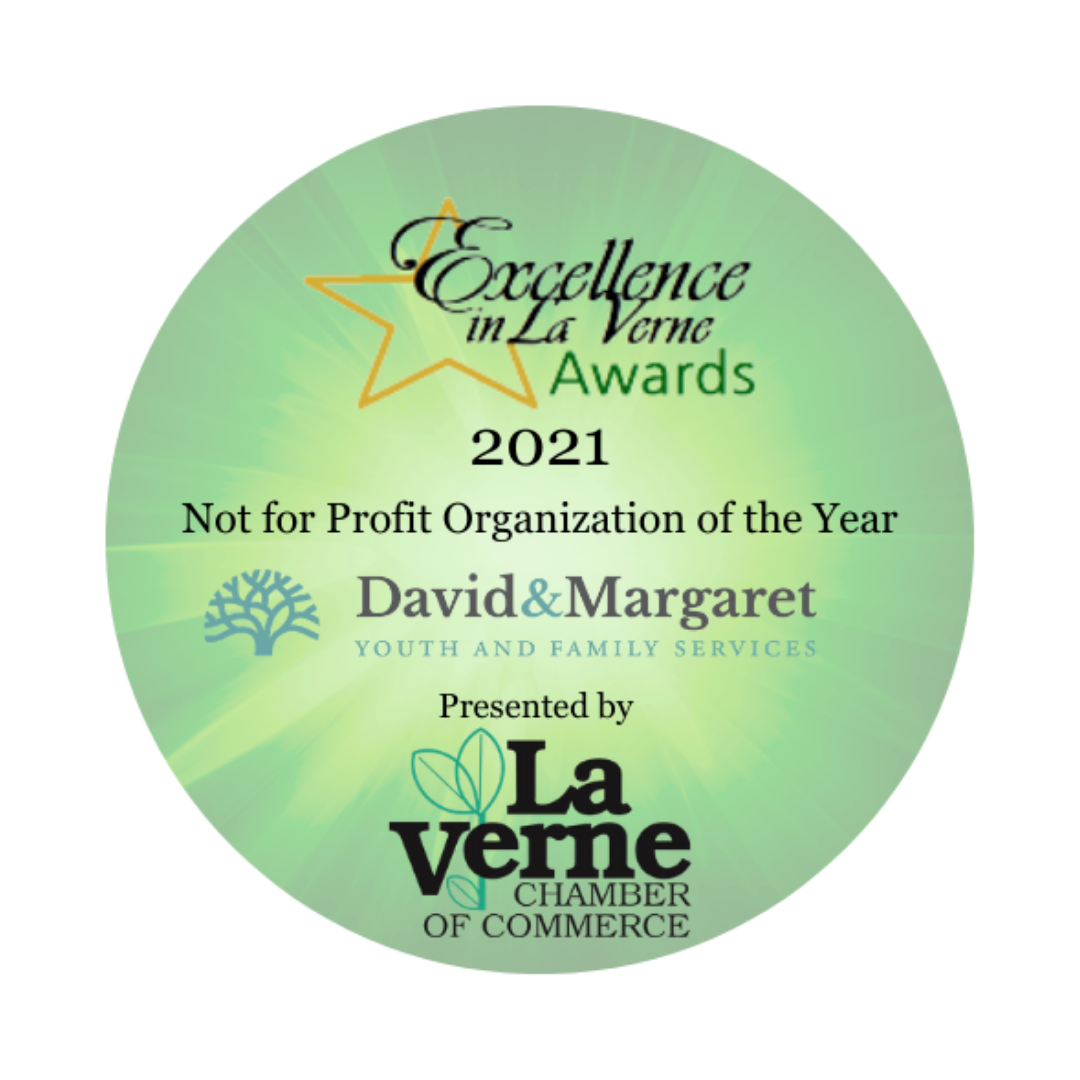
Having a strong sense of cultural identity is an important contributor to an individual’s wellbeing. Youth with stronger cultural identities experience lower rates of anxiety, depression, and isolation, as culture can provide a sense of belonging, access to social networks, and support from a community with shared aspirations and values, according to a study from the Personality and Social Psychology Journal in 2010.
A study from the Children and Youth Services Review in 2015 showed that 20% of foster youth change their ethnic identity over a five-year period when asked to self-identify, over twice the number of non-foster youth, clearly demonstrating that greater proximity to one’s culture leads to a weaker sense of self. Introduction to the foster care system has a profound impact on youth at any age and the loss of connection to their cultural or ethnic identities negatively compounds on an already difficult, confusing, and unfamiliar situation.
California has historically contained the largest population of Hispanic and Latino people in the United States, given its proximity to the border and long history of immigration. As Hispanic and Latino families build their lives in the US, they are likely to become more “Americanized” with each generation by being segregated to low-income neighborhoods, losing their native language, food, music, and traditions, and lacking a community that supports their culture. Because of this, third-generation Hispanic and Latino youth are more likely than their first-generation peers to become involved in the foster care system. Census data from 2018 shows that Hispanic and Latino youth make up just over half of youth in the system, more than Black and White youth combined.
To address the impact that the loss of cultural identity has on foster youth, four states, including California, have afforded protections in their Foster Youth Bill of Rights ensuring adequate resources that support and respect their identities. In addition to legal protections, foster parents are required to undergo cultural competency training to ensure they can provide a safe and comfortable environment for youth, no matter their ethnicity or identity.
For young adults who are aging out of the foster care system, maintaining a cultural identity can be an added stress on the journey to independent adulthood. In response, COMPASS Programs hosts a Diversity, Equity, and Inclusion event every month, highlighting different cultures, historical events, and individual identities. With October being Hispanic Heritage Month and the celebration of Día de los Muertos at the start of November, the event centers around Hispanic culture and tradition. An ofrenda, or alter, has been set up in COMPASS Point and decorated with sugar skulls, colorful garland, prayers, and some infographics about the purpose, traditions, and meaning of Día de los Muertos. Participants at COMPASS are encouraged to leave items from a loved one who has passed on the ofrenda to honor their memory and celebrate their life.
In Los Angeles County, where Hispanic youth make up half of the population in foster care and are often distanced from their cultural identities, providing access to these opportunities and spaces where culture is taught and celebrated is especially important, giving youth the chance to gain the confidence they need to achieve independence, knowing they have a community of support, familiarity, and respect in their corner. Follow @COMPASSPointCenter on Instagram to see the ofrenda in COMPASS Point and to keep up with future Diversity, Equity, and Inclusion events!








